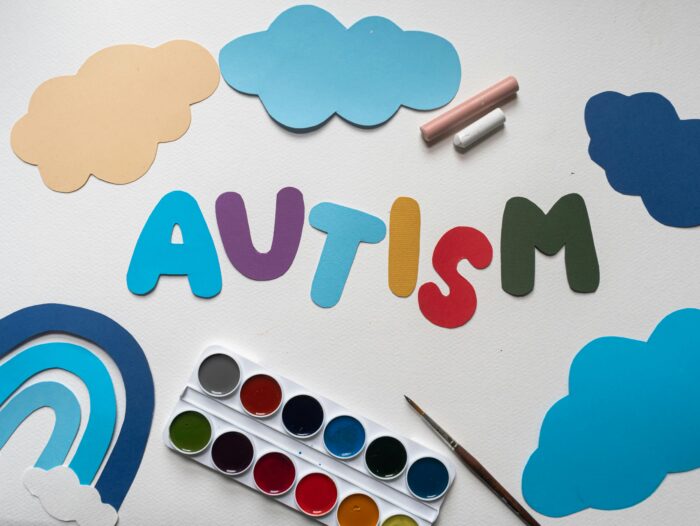
As parents, we constantly seek ways to help our children overcome any challenges they may face. ABA therapy can help with a number of disorders that might affect your kid, from ADHD to panic disorder. Whether these conditions coexist with ASD or occur on their own, ABA has the tools to help.
In this article, we’ll look at ABA therapy’s usage outside of ASD treatment, pointing out how it can be a powerful ally.
Exploring ABA’s Diverse Applications
Renowned for its effectiveness in treating autism, ABA therapy is a ray of hope for numerous other conditions as well. But what disorders is ABA therapy used for, besides ASD? Learn more about them below.
Intellectual and Learning Disabilities
For children with intellectual and learning disabilities, mastering new skills and social cues can be a challenge. ABA therapy addresses this by breaking tasks into smaller chunks and rewarding each accomplishment.
This method directly improves kids’ learning and social skills and lays out a clear path to achieving their academic and personal objectives.
Anxiety and Panic Disorder
Panic disorders show as unexpected fear spikes with no obvious triggers. It causes symptoms such as difficulty breathing and a rapid heartbeat in children. ABA therapy incorporates Behavioral Activation (BA) and directs them toward activities that reduce stress, demonstrating how changing behaviors can influence emotions.
Basically, by identifying triggers and implementing the right strategies, ABA provides children with the tools to manage their anxiety and panic attacks.
Attention-Deficit/Hyperactivity Disorder (ADHD)
ADHD symptoms include constant motion, hasty actions without much thought, and a hard time keeping focus. Despite these challenges, ABA therapy for ADHD introduces a structured reward system that teaches children (and adults) the importance of calm and attentive behavior.
Rewards, big or small, for tasks well done encourage better focus and social behaviors. ABA therapists guide kids to pause, reflect, and act with purpose.
Oppositional Defiant Disorder (ODD)
Children with ODD frequently exhibit persistent anger, defiance toward adults, and deliberate attempts to annoy others. These behaviors often stem from deep-seated frustration. ABA therapy treats ODD effectively by focusing on positive reinforcement over punishment.
Children learn to replace antagonistic behaviors with cooperative actions, such as showing kindness to others, through carefully planned interventions.
Obsessive-Compulsive Disorder (OCD)
This disorder manifests through a cycle of intrusive thoughts and the urge to perform rituals to alleviate them, which has an impact on daily life and emotional well-being. ABA therapy steps in with specialized techniques, particularly exposure and response prevention, to gently guide children through their fears without giving in to compulsions.
This process teaches them to tolerate discomfort, gradually reducing the severity of OCD symptoms.
Brain Injuries
Following a traumatic brain injury (TBI), children might struggle with emotional regulation, cognitive function, and physical coordination. ABA therapy provides structured support for neurorehabilitation, helping them relearn essential skills and adapt to new ways of interacting.
This approach helps children navigate their recovery more effectively, builds resilience, and aids in their reintegration into daily activities.
Post-Traumatic Stress Disorder (PTSD)
PTSD affects people of all ages, including children, who have experienced traumatic events, resulting in flashbacks, anxiety, and nightmares. ABA therapy contributes significantly to PTSD treatment by gradually exposing patients to traumatic memories and teaching coping strategies.
This method reduces the impact of trauma, and it allows adults and children to better manage symptoms and progress toward healing.
Conclusion
Lastly, it is clear that ABA therapy has far-reaching benefits beyond autism, answering the frequently asked question, “Is ABA therapy only for autism?” with a resounding “No.” At Abacus Therapies, we specialize in ABA for autism, but parents should remember that ABA has a much broader application. If your child faces other challenges or disorders, ABA can help.
FAQs
Is getting ABA without an autism diagnosis possible?
Rest assured, an autism diagnosis is not a requirement to benefit from ABA therapy. However, dealing with insurance for ABA without an ASD diagnosis requires a careful review of your policy, as coverage varies by state.
Even in the absence of a formal diagnosis, many ABA professionals work with children who exhibit ASD-like behaviors or struggle with other developmental challenges and disorders. If you’re considering ABA for your non-autistic child, you should first get a thorough evaluation from a reputable healthcare provider.



